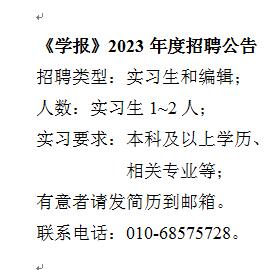The recognition and succession of Chinese government is a special case, which tends to cause intertemporal conflict of laws. The effective control (practical control) principle is fundamental to decide governmental rights of succession, the retroactivity of recognition principle applies to common case, which contains no practical conflicts, and the “Law of nonretroactivity” principle applies to special and real conflicts. In the Guanghua Dormitory Case, the local and high Courts of Justice had not considered practical control, and the Supreme Court applied the retroactivity principle in a wrong way. The 2758 resolution of GA granted the new Chinese government the right of succession, but it did not take China’s special governmental recognition and succession into consideration, which caused some legal default.
